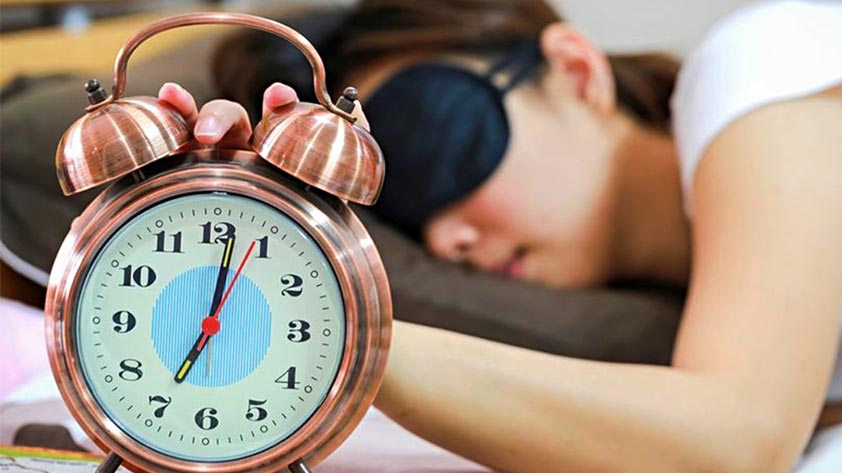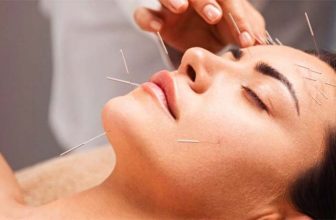
With temperatures falling and morning light arriving later everyday means one thing – daylight saving. Yes, the clocks have changed once more and although we technically gained an extra hour of shut-eye, many of us will yet battle with managing sleep right now. Here are some tips to glide through the alteration with a smoother transition. Read on for Daylight Saving: 5 Ways to Manage Your Sleep Patterns Better!
Before we start it’s worth understanding what causes restless nights. We all have a biological monitor called the circadian rhythm which determines when we stay awake or feel tired. It’s a natural process that regulates our wake-sleep cycle and repeats every 24-hours.
When operating as normal we appropriately rise in the day and rest at night. Sometimes, however, these patterns can become unbalanced because of work, travel, hormones, stress and other influences, leaving us “socially” jet-lagged. The likelihood of our sleep clocks getting ‘out of sync’ now is quite high, so let’s get into the list…
1. Daylight
The main factor affecting a person’s circadian rhythm is daylight. Modifying the amount you get can easily slow down, reset, or speed up your rhythm. So, increasing your natural sunlight intake during the day – by going outside and staying out – will work to help your circadian levels stay healthy.
2. Lights, lights, and more light!
Circadian reacts to light and so the artificial lights that surround us at night can encourage the same wakefulness as daylight. Consequently, it’s best to avoid light, especially blue light, close to bedtime as this subconsciously prepares your body for rest.
Blue light suppresses melatonin, which controls sleep, because your body thinks it is morning. To combat this turn off any phones, tablets, other screens and blue-based bulbs at least 30 minutes before bed to avoid disrupting your natural rhythm.
3. Diet
What you (don’t) eat can affect how you sleep. For easy transition into winter timings consume heavy meals at least 2 hours before bed. This allows time for digestion that can otherwise leave you unable to rest.
An empty stomach can have this effect too so consider having a light snack, preferably one that’s high in magnesium or vitamin B, beforehand as magnesium can have a soothing effect on your body and the vitamin B helps prompt melatonin. Avoid the alcohol and definitely don’t have caffeine at least 6 hours before sleeping.
4. Exercise
Scientific studies indicate physical activity can combat insomnia and dramatically increase sleep quality. This is because it tires you out and it stimulates serotonin, the feel-good hormone, which decreases stress and boosts your mood. Get at least 10 minutes of aerobic activity in per day like running, walking, or biking to reset or align your body clock with the time.
5. Stay up
If nothing has helped then this will – providing you follow it up with some of the above steps. If you’re struggling simply pull an all-nighter. The trick here is to keep awake until the morning (remember, no alcohol or caffeine) then continue with your daily tasks. Coffee is okay to have in the morning or throughout the day to keep you going but stop 6 hours before you are due to sleep. Get into bed early that evening; avoid blue lights and eating heavily close to that time.









